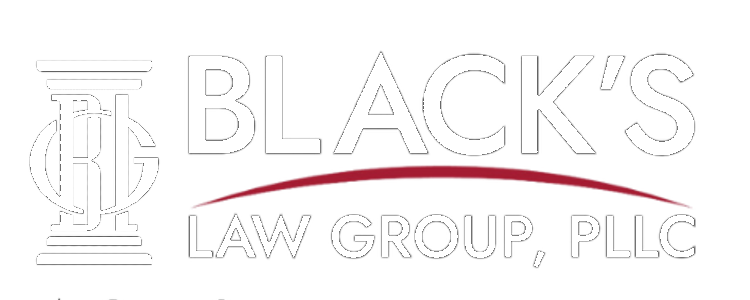What happens after you are arrested? Yes, the booking process but also, a person’s first experience with the bail process. Bail refers to the form of assurance required to be paid to secure a person’s pretrial release. People may be cloaked in the presumption of innocence prior to trial, but bail is not a “punishment” inasmuch as it is a tool used by courts to ensure that a defendant will continue to show up for court and face the crimes that they are charged with. An arraignment is a defendant’s first court date, which can become more complex depending on whether they have been able to post bail.
Bail and arraignments are set relatively quickly. Both our federal and state constitutions protect people accused of crimes at the outset of the criminal process by making certain guarantees regarding bail. However, hiring the right attorney to protect you or a loved one’s rights early in the criminal justice process matters. Call the team at Black’s Law Group today about your case. Until then, here is some general information regarding bail and arraignments in Connecticut.
What are some common types of bail?
Typically speaking, a person’s bail will either be issued in the form of a “promise to appear,” which is when an arrested person is given their court date without a monetary bond that they must pay to secure their pretrial release. On the other hand, in the majority of cases, some form of a monetary bond will be attached. In those circumstances, “bail” will be set in the form of some type of “bond” that is either determined by a judge or a police department at or near the time of arrest. If you are arrested via a warrant, a judge will have reviewed and set a monetary bond of their own on the warrant. If you were arrested on-site, then the police department will set their own bond.
What are non-financial conditions of release?
The court can consider attaching other conditions to a defendant’s pretrial release other than a monetary bond. For example, a court can make different types of mental health or substance abuse treatment conditions of a defendant’s release. These are tools that defense attorneys can use, depending on the facts of a case, to make a case for a less restrictive monetary bail figure.
What is an arraignment?
An arraignment is the fancy term that describes a defendant’s first court appearance, where more often than not, they will enter pro forma “not guilty, jury election” pleas. However, on top of this, if a defendant is incarcerated based on their inability to post a pretrial bond, the court can and will review the bond, and hear arguments as to its appropriateness from all of the parties involved. The court will consider a variety of factors when making a decision about the appropriateness of a bond including information about the alleged facts of the case and charges, but also, a defendant’s age, employment, prior criminal history, and community ties.
Hire a Connecticut Bail & Arraignment Attorney Today
Whether you or a loved one are facing felony or misdemeanor charges, hiring an experienced attorney to guide you through the process early can save you time, stress, and money. You want to hire the experienced and creative attorneys that understand that the facts are not always black and white. Call the team at Black’s Law Group today for your free consultation and to see how we might be able to help through the bail and arraignment process.

